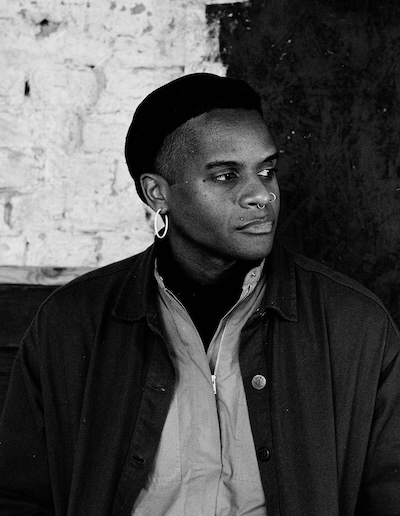Bendicto Kabiito
Bendicto Kabiito is a Senior Lecturer in the Department of Governance, Peace, and International Studies, in the School of Arts and Social Sciences of Uganda Martyrs University. His academic background spans philosophical studies, peace and conflict, environmental conservation, and climate protection. He is a recipient of the Alexander von Humboldt Foundation International Climate Fellowship (2018-2019) for young climate protection leaders. His work spans multiple areas, including peacebuilding, peace and conflict research, environmental conservation and climate protection, conflict resolution research, traditional justice systems, environmental justice, and climate protection governance. Owing to his deep interest in the use of nature-based solutions for …

